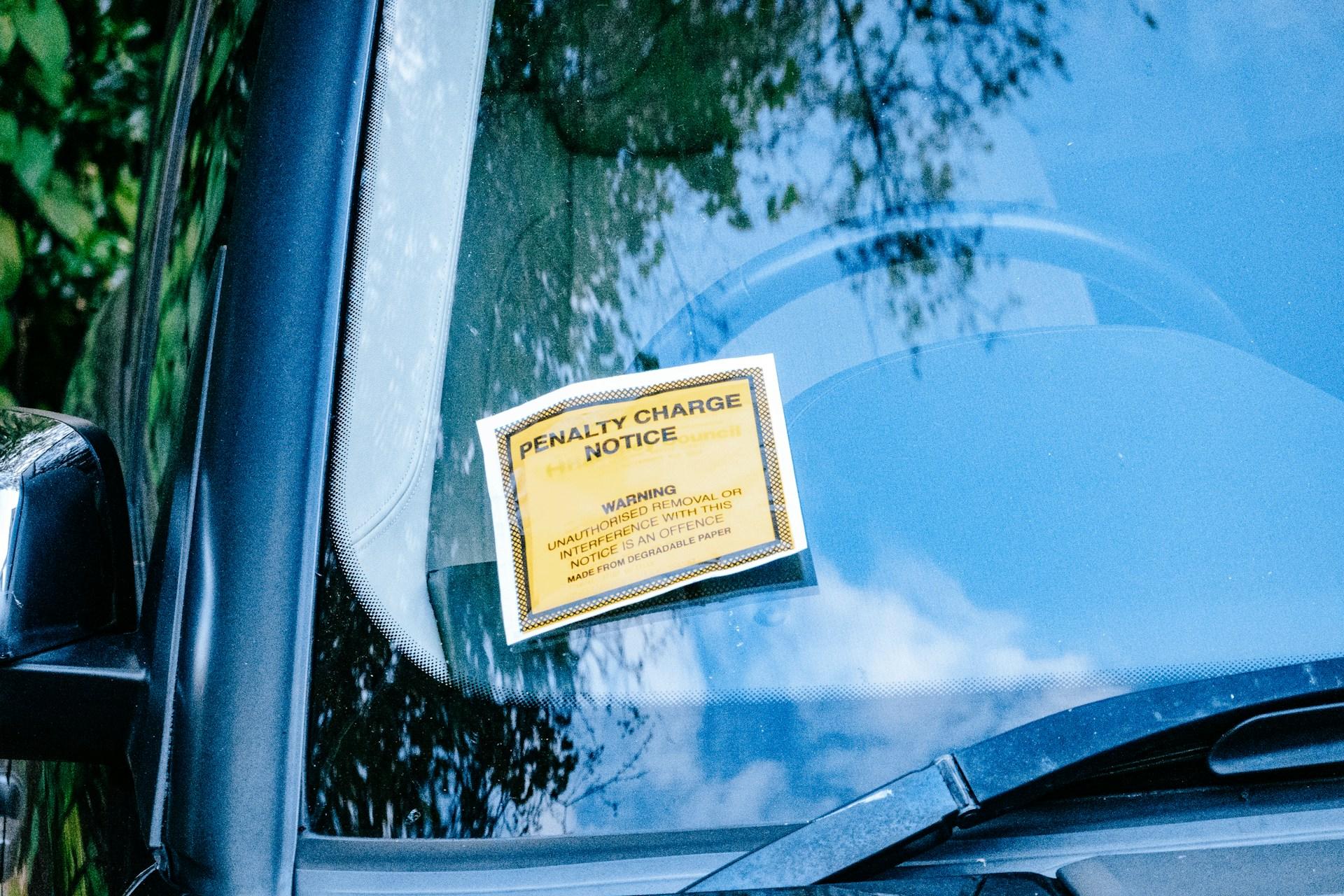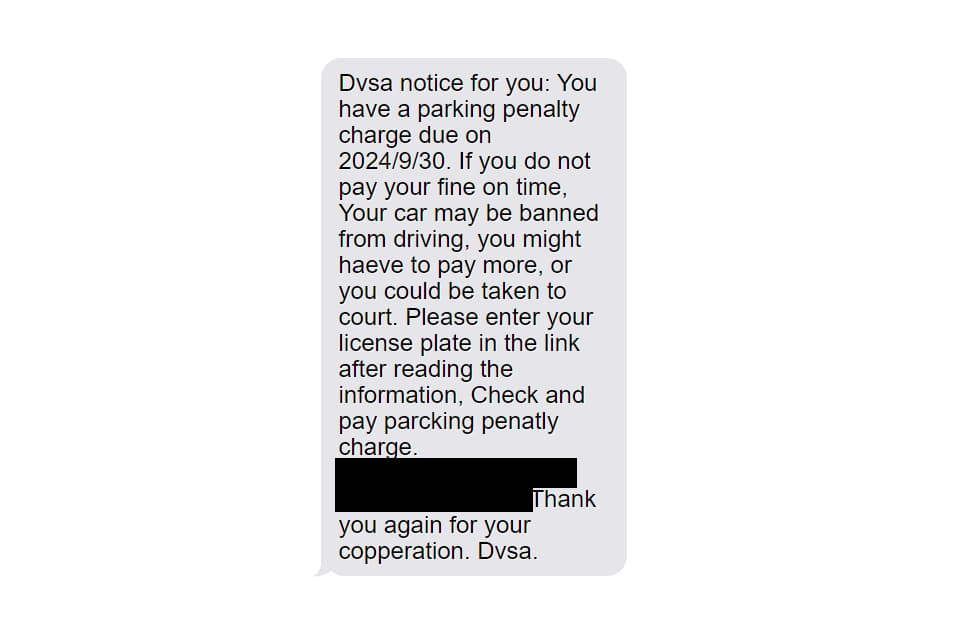PCN Scam Texts are Growing – Here's How to Avoid Them
Identify and avoid expensive PCN text scams targeting UK motorists – learn to spot red flags, protect yourself, and take action if you’re affected.
Updated:
When you purchase through links on our site, we may earn an affiliate commission. Here's how it works.

Parking penalty charge notice (PCN) scams are rising across the UK, with unsuspecting drivers losing money.
Fraudsters are impersonating local authorities and sending false PCN text messages to demand payment for non-existent unpaid parking tickets. Considering the ubiquity of this scam, it’s vital to know how to spot it, steer clear of it, and what to do if you’ve already sent money to fake PCN scammers.
What is a penalty charge notice scam?
The PCN scam involves fraudsters impersonating local councils or parking authorities to trick drivers into paying fake fines.
Authorities send genuine PCNs by post, but scammers use text messages to trick people into paying spurious fines.

How to spot a penalty charge notice scam?
Here are some signs to help you identify penalty charge notice scams:
Receiving a PCN over text:
Local authorities always send PCNs physically via post and never via text message or email. A real PCN also has instructions on how to appeal the penalty.
Urgent language:
Fake PCN texts use urgent and fear-mongering language, like threatening serious legal and financial consequences if drivers don’t pay the fine quickly.
Spelling and grammar mistakes:
PCN texts may have spelling and grammatical errors. With the advent of AI, we’re starting to see more professional-looking text in these scams, so be wary even if it reads well.
Shortened URLs in text messages:
The fake text messages will not guide you to official government URLs. They’ll instead ask you to click shortened URLs that begin with “https://bit.ly/”, “https://tinyurl.com/”, or other similar domains that hide their true destination. You’re better off avoiding clicking a link in a text unless you are sure it’s valid. It’s always safer to visit the official website directly to ensure you’re not redirected to a fake site.
Suspicious URL:
Clicking a fake penalty charge notice URL will take you to a bogus website that appears like a real government site. The website link may resemble authentic government domains but will be missing the “.gov.uk” suffix. For greater safety, you can verify the URL by running it through a link checker.
Protect yourself and others by taking these PCN scam steps
- Ignore and block suspicious PCN texts: Ignore PCN text messages, block the number they came from, and delete them from your device. Avoid clicking links or tapping links included in the fake PCN message.
- Use the official app/site: Visit your local council’s official website or phone app to check for penalty charge notices and to pay fines or appeal the penalty.
- Report false PCN messages: Forward fake PCN SMSes to 7726 (UK) to report the scam.
What to do if you think you’ve been scammed
If you think you’ve shared financial information with fraudsters, follow these steps to safeguard yourself:
- Stop engaging: Do not reply to fake PCN text messages or click on suspicious links sent from unverified phone numbers.
- Contact your bank: Alert your bank about the fraud so they can stop suspicious transactions.
- Report the fraud: File a report with Action Fraud online or call them at 0300 123 2040. You can also forward suspicious texts to 7726 in the UK.
- Update your passwords: If you’ve filled out your login details on a fake site and used a password you use in other places, then change your password on those immediately.
Warnings from Councils
Multiple councils have warned their residents regarding the PCN scams recently:
Pembrokeshire County Council: The Pembrokeshire County Council has confirmed that it never requests PCN payments over text message. It also asked residents to delete and ignore such messages.
Nottinghamshire County Council: “The fraudulent messages claim that the recipient has been issued with a parking penalty notice…We want to remind you that we will NEVER contact you by text message about a Penalty Charge Notice.”
Stoke-on-Trent City Council: “We are aware of a new text scam that requests payment for a Penalty Charge Notice. Please be aware that this is a scam. Local Authorities will never request payment for a penalty charge notice via SMS message or similar.”
These Councils aren’t alone because reports have surfaced nationwide with screenshots of fake PCN texts.
Stay one step ahead of cybercriminals
Digital scammers are devising increasingly devious ways to scam people under the guise of PCNs. Keep in mind that real PCNs are never sent over text—authorities send these notices physically, and they contain instructions to appeal the penalty.
You can also check your local council’s official payments page or parking app to confirm whether you genuinely have a PCN. And while SMS-based PCN scams are a concerning threat, be wary of car park QR-code fraud—scammers are overlaying fake QR stickers on pay machines to steal from drivers.
